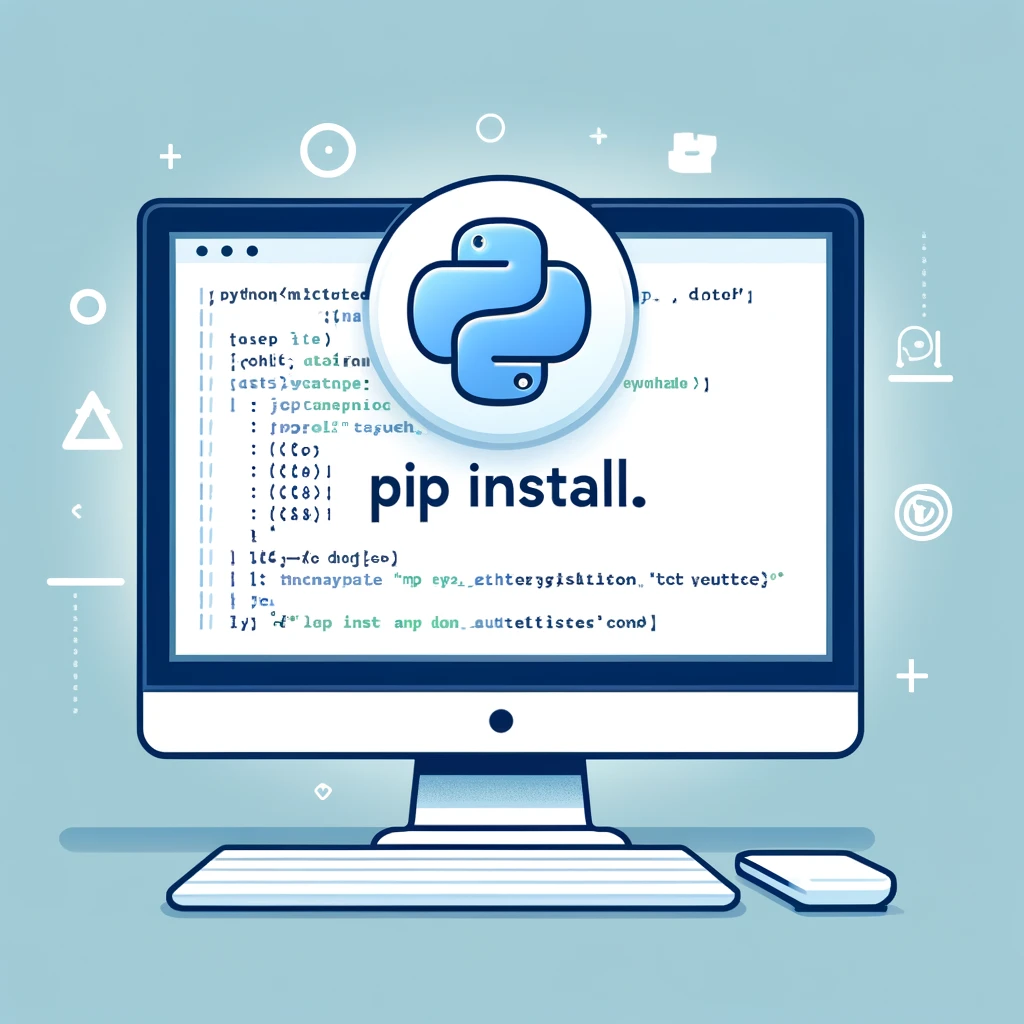Parking tickets are an annoyance for many drivers, but ignoring them can lead to more serious consequences than you might expect. If you’ve ever wondered what might happen if you don’t pay a parking ticket, this blog will guide you through the potential outcomes and why it’s important to address these fines promptly.
The Initial Impact: Penalties and Fees
When you first receive a parking ticket, you’re usually given a specific period to pay the fine. This is typically a few weeks, but the exact time frame can vary depending on where you live. If you don’t pay the ticket within this period, the fine amount often increases. This is called a late fee or penalty. The longer you wait, the more you’ll end up paying.
For example, a $50 parking ticket might increase to $75 if not paid within the initial period. These additional fees can quickly add up, making what started as a minor inconvenience turn into a significant expense.
Impact on Your Vehicle Registration
Ignoring parking tickets can also affect your vehicle registration. In many places, unpaid tickets can lead to a registration hold. This means you won’t be able to renew your vehicle’s registration until all outstanding tickets and fines are paid. This can be a major hassle if you need to renew your registration to keep your vehicle on the road legally.
If your registration expires due to unpaid tickets, you could face fines for driving with an expired registration, which adds even more financial stress.
Collection Agencies and Credit Reports
If parking tickets remain unpaid for an extended period, they might be sent to a collection agency. Once a ticket is in collections, it can impact your credit score. This is because the unpaid ticket is reported as a debt, and a negative mark on your credit report can affect your ability to get loans, credit cards, or even rent an apartment.
Having a negative mark on your credit report can be a serious issue. It might result in higher interest rates on loans or even difficulty getting approved for credit, which can affect your financial stability.
Tow and Impoundment of Your Vehicle
In some cases, especially if you have multiple unpaid parking tickets, your vehicle might be towed and impounded. This happens when authorities decide that your unpaid tickets are severe enough to take action. When your car is towed, you will need to pay both the original ticket fines and additional towing and storage fees to get your vehicle back.
Towing can be particularly problematic if it happens in a busy area or if you need your car for daily use. The cost of retrieving your vehicle can be much higher than simply paying the original ticket, not to mention the inconvenience and potential disruption to your daily life.
Legal Consequences
In extreme cases, continued non-payment of parking tickets can lead to legal action. This is less common, but in some jurisdictions, failing to pay multiple tickets over a long period can result in a court summons or even a warrant for your arrest. This is typically reserved for cases where the fines are exceptionally high or where other legal issues are involved.
Being taken to court over parking tickets can be a lengthy and stressful process, and it’s usually much easier and less expensive to handle the tickets as soon as you receive them.
How to Handle Unpaid Parking Tickets
If you’ve already accumulated unpaid parking tickets, there are steps you can take to address the situation:
- Check Your Tickets: Review all outstanding tickets to understand the total amount owed and any additional fees that have been added.
- Contact the Issuing Authority: Reach out to the local parking authority or municipal court to discuss your options. They may offer payment plans or reductions if you can show financial hardship.
- Pay the Tickets: Whenever possible, pay off the tickets as soon as you can to avoid further penalties. Many jurisdictions offer online payment options, making it easier to settle your fines.
- Dispute Incorrect Tickets: If you believe a ticket was issued in error, follow the procedures for disputing it. This often involves submitting a written explanation or attending a hearing.
- Seek Assistance: If you’re struggling to pay, look into local resources or programs that might offer assistance with fines and fees.
Conclusion
Parking tickets are more than just a minor inconvenience—they can lead to a series of escalating consequences if left unpaid. From increased fines and vehicle registration issues to impacts on your credit report and potential legal trouble, the importance of addressing parking tickets promptly cannot be overstated. By taking action early, you can avoid the additional complications and costs that come with ignoring these fines.








